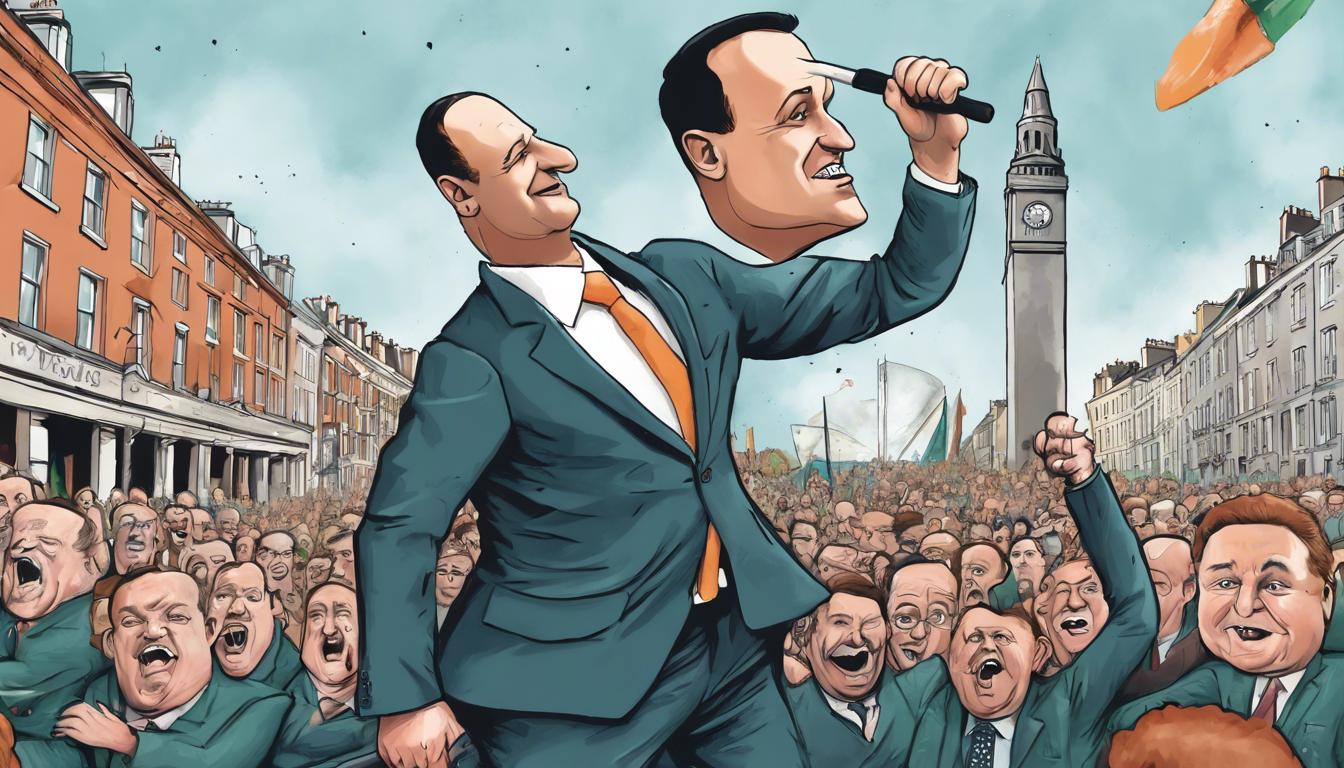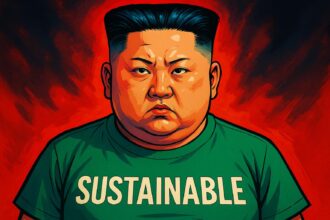Following significant electoral defeats and a pivotal referendum result, Taoiseach Leo Varadkar steps down, paving the way for a leadership contest within Fine Gael and sparking speculation about Ireland’s political future.
Ireland finds itself in a period of political transition following the resignation of Taoiseach Leo Varadkar, amid the backdrop of significant electoral defeats and a consequential referendum result that indicated a disconnect with the electorate. Varadkar, who served as Taoiseach for a total of five years across different terms, cited personal and political reasons for his resignation, suggesting that a new leader would be better positioned to lead and refresh policies.
The timing of his departure sets the stage for heightened political activity, with the Fine Gael party gearing up for a leadership election, expected before their conference on April 16, 2024. Varadkar’s resignation not only marks the end of his tenure but also prompts speculation on the implications for the country’s domestic and international priorities, given his reputation as the most EU Federalist Taoiseach in Irish history.
In the wake of Varadkar’s announcement, Minister for Further and Higher Education Simon Harris has emerged as a prominent contender for the leadership of Fine Gael, receiving significant support from within the party. Although Justice Minister Helen McEntee has ruled herself out as a candidate, the support for Harris among Fine Gael TDs, senators, and MEPs underscores a potential shift in the party’s leadership dynamic. Notable endorsements for Harris include those from Minister of State at the Department of Enterprise Neale Richmond and former justice minister Frances Fitzgerald, reflecting confidence in his capabilities.
The unfolding political drama in Dublin signals a critical juncture for the ruling coalition, with implications for leadership stability and the future of Ireland’s political landscape. As Fine Gael prepares to elect a new leader by April 5, 2024, attention is also on the potential for Sinn Fein to capitalize on the current political volatility, adding another layer of intrigue to the impending general election and the broader trajectory of Irish politics.













